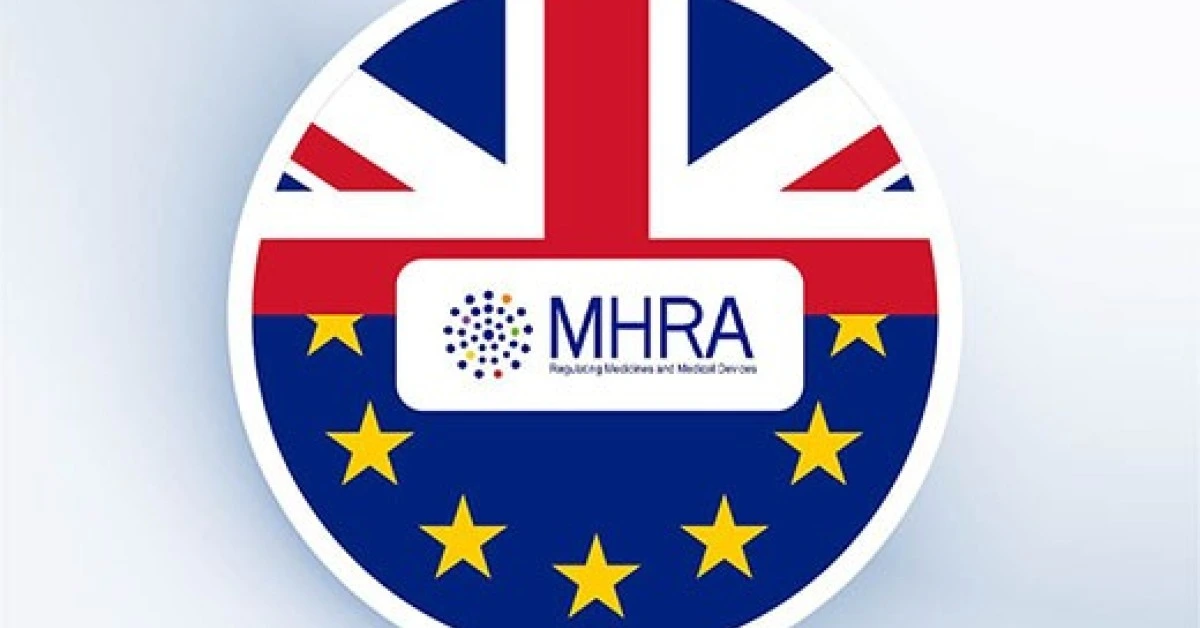
UK – The World Health Organization (WHO) has officially renewed the UK Medicines and Healthcare products Regulatory Agency’s (MHRA) status as a global collaborating center.
This means the MHRA will continue working closely with the WHO to help standardize and evaluate biological medicines such as vaccines and other advanced treatments.
The MHRA’s Science and Research group is now one of just four centers around the world chosen to manage WHO’s biological reference preparations.
These are special tools used to make sure medicines like vaccines are safe, effective, and consistent in quality everywhere.
The new designation, announced on April 9, will last four years. During this time, MHRA will help create and supply global reference materials, carry out scientific research, and support WHO’s regional offices with technical advice and training.
“Biological medicines are becoming more important in healthcare. As the UK’s medicines regulator, it’s our job to make sure these medicines meet quality standards,” said Nicola Rose, the MHRA’s interim executive director for science and research.
This announcement comes at a time of major changes in global health partnerships. In January 2025, U.S. President Donald Trump signed an executive order pulling the United States out of the WHO.
This order immediately ended cooperation between the WHO and key U.S. agencies, including the Centers for Disease Control and Prevention (CDC).
The decision has had wide-reaching effects. American experts working at WHO were called back home, and funding for many health programs was frozen.
The CDC and the National Institute of Allergy and Infectious Diseases (NIAID) have been told to stop working on WHO-related projects.
Before the withdrawal, the CDC helped manage important WHO lab standards, including research on smallpox. Now, the future of these efforts is uncertain.
Additionally, the U.S. Agency for International Development (USAID) has been shut down, putting global health programs for diseases like HIV, malaria, and tuberculosis at risk.
These programs provided critical support to developing countries where such diseases are still widespread.
Changes in U.S health system
Meanwhile, changes in the U.S. health system are raising questions about the country’s role in setting global standards.
The U.S. Food and Drug Administration (FDA) is going through internal changes, and some top leaders have stepped down. Experts worry that this might affect how stable and reliable the FDA will be in the future.
At the BioTrinity conference in London earlier this month, OBN CEO Stuart Rose said these disruptions could give the MHRA a chance to take the lead in global medicine regulation.
In other news, the U.S. is pushing to bring more drug manufacturing back home. President Trump recently promised new tariffs on pharmaceutical imports.
In response, some companies are building more companies in the U.S. For example, MSD opened a US $1 billion plant in North Carolina to produce its popular HPV vaccine, Gardasil.
XRP HEALTHCARE L.L.C | License Number: 2312867.01 | Dubai | © Copyright 2025 | All Rights Reserved